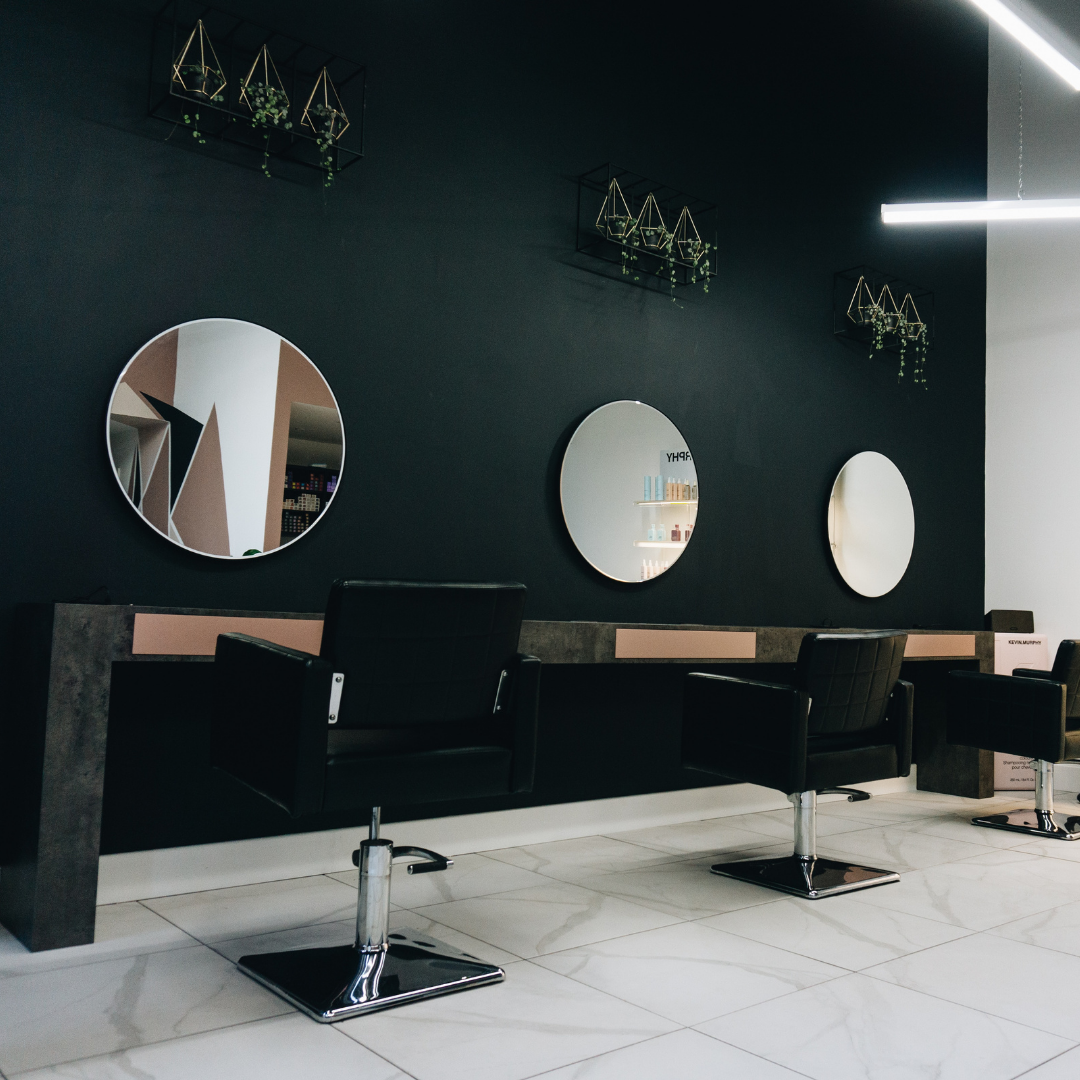Beauty salons tend to perform well throughout both good and bad economic times. This is because most of the services offered by salons cannot be done at home, also many people see a trip to the salon as an affordable treat. So demand tends to be fairly constant. Generally, salons and spas are quiet at the beginning of the week and booked solid coming up to the weekend.
Once you decide it is the right thing for you to do, then the next step is to spend time researching your industry and potential target market. Then put together a business plan that will guide you through the start-up phase. Start-up costs for a beauty salon can range a from between £50,000 to £200,000 depending on the kinds of treatments you intend to offer. It usually takes 6-9 months to get to full capacity and a further a year to reach break-even.
Premises, equipment and supplies
Choosing the right location for your salon is one of the most important decisions you have to make. Ideally you should choose a location that is easily accessible, safe, and with plenty of pedestrian and motor traffic as well as plenty off parking. It is best if there are other retail businesses in the area so you can benefit from their customer traffic. Premises usually range in size from 1,000 sq ft to 2,000 sq ft. The space can then be organised into a reception area, a treatment area, a storage area, and an area for staff.
Again the types of treatment will determine what equipment and supplies you need. However regardless of the treatments, you must try to get them at best price. Industry magazines and trade shows are a good place to source supplies and equipment and negotiate on price.
Licenses
This area that can often be overlooked, but it is one of the most important. The kinds of licenses required will depend on the treatments been offered, however there a some licenses that apply to all beauty salons. All beauty salons must get a license from their local council to operate as a beauty salon.
For treatments that involve lasers you must register with the care commission, and to play music in public you need a PPL (Phonographic Performance Limited ) licence. Other treatments that may need a licence include aromatherapy, massage, beauty treatments, chiropody, pedicure, reflexology, sauna, sun beds, and manicure. Also as some of the products used in beauty salons contain harmful substances, all salons must comply with the relevant health and safety laws
There are also planning permits that have to be applied for if any building work is to be done. It is best to contact your local authority early to find out what you need before starting any type of refurbishment work.
Treatments and charges
When deciding what treatments to offer, you must weigh the equipment and staff costs against the potential profitability of the treatment. There are however three broad types, skin and body-care, hair removal, and make-up.
It is important have an idea of the average income levels in the area you intend to open up, so you can set prices accordingly. If you are in an upscale area you can price your services higher as well as offer more varied and unique treatments. But if the area has a lower disposable income, it might be better to stick to the essential services at an affordable price.
Traditionally the most popular types of treatments are massages, manicures/pedicures, and waxing.
Staff
All staff must be properly trained , usually with a minimum of a level 2 or 3 NVQ . Some beauty salons prefer to recruit staff from beauty schools so as to ensure they are trained to the required standards. However others like to train the in house so they can learn to do the treatments the way the salon likes. If your salon does not have the qualified staff for each treatment, you might not get a license from the council to operate
The amount of staff you need will vary on the the size of the salon, and once a gain the types of treatments you intend to offer, however staff will be be your largest expense.
Summary
Beauty salons have become more than just a place for grooming, they are fast developing into modern day sanctuaries where people come to get pampered and let go of stress. It is important to have an atmosphere that is conducive to relaxation, coupled great customer service to match.
Because the clients experience is so important, you will need the right mix of attractive premises, high quality treatments, and trained staff to build a loyal client base.





